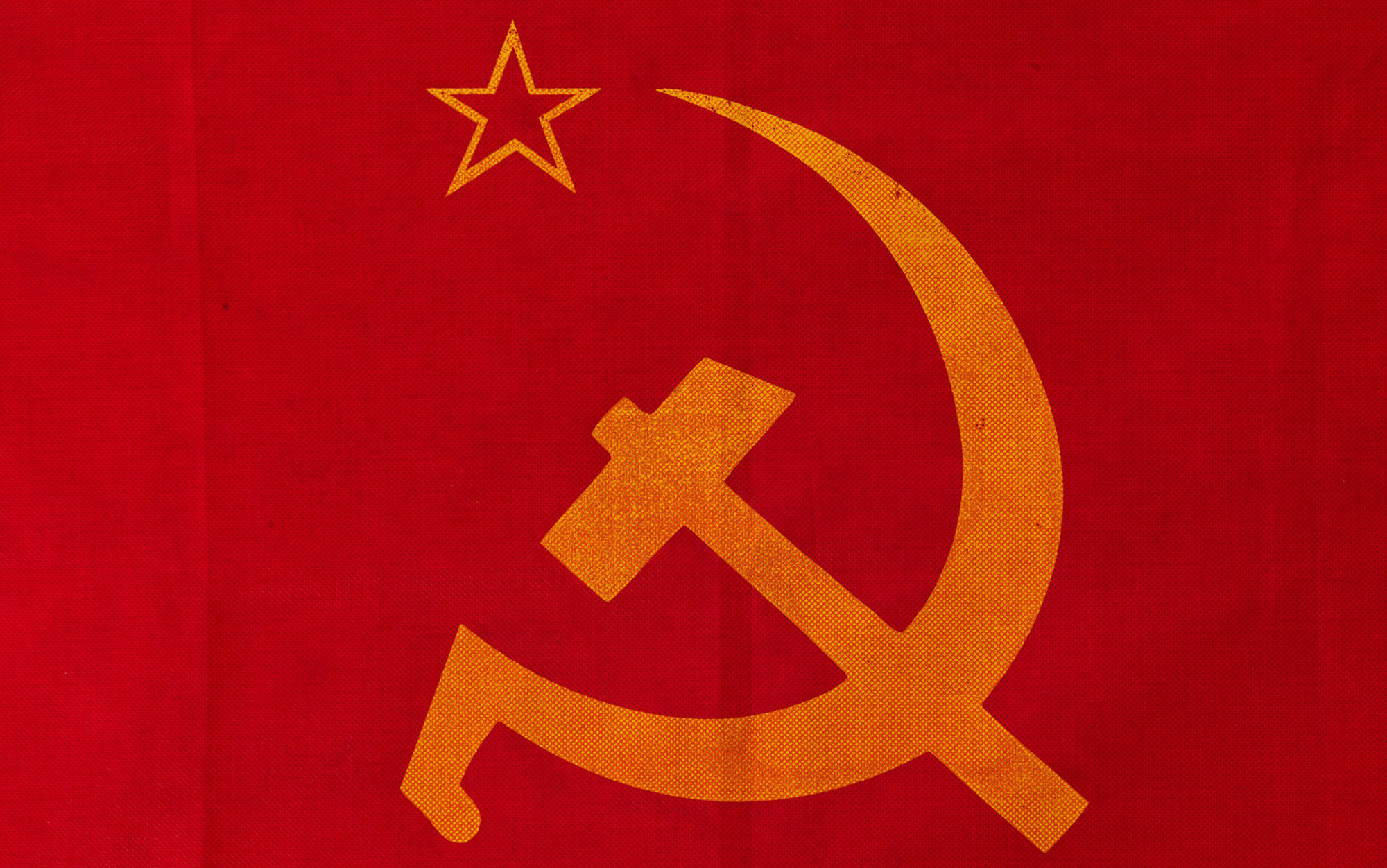The real problem was never about communism, it was about authoritarianism.
Authoritarianism is the enemy of everyone.
Can you have communism without authoritarianism though? How would distribution of resources be enforced without control?
Yes.
Democratically.
deleted by creator
After the revolution their resources would already be controlled democratically, there would be no bourgeoisie.
And what would you do, make a new bourgeoisie while pretending not to have one?
deleted by creator
In an anarchist framework, we understand that a revolution cannot be solely achieved through voting or referendums. Anarchism seeks to dismantle hierarchical structures and establish a society based on voluntary cooperation and mutual aid.
To address your concerns, anarchists recognize that the bourgeoisie will resist revolutionary change. That’s why anarchism advocates for a decentralized society where power is dispersed among communities, making it harder for counter-revolutionary forces to consolidate. Anarchists believe in direct action, self-defense, and community organizing to confront and neutralize counter-revolutionary threats.
Moreover, anarchism goes beyond removing individual bourgeoisie. It aims to eliminate the structural mechanisms that perpetuate capitalism. Anarchists advocate for the abolition of capital-generating private property, wage labor, and the state, which are fundamental pillars of capitalism. By dismantling these institutions and replacing them with non-hierarchical alternatives, anarchism seeks to create a society where capital accumulation and exploitation are impossible.
While voting alone cannot prevent the emergence of new capitalist classes, anarchism emphasizes grassroots organizing, communal decision-making, and direct participation in shaping social and economic structures. Through these means, anarchists strive to create a society that is fundamentally egalitarian, cooperative, and resistant to the reemergence of capitalism.
Ultimately, anarchism seeks to foster a society where power is decentralized, individual autonomy is valued, and economic relations are based on solidarity rather than exploitation.
To address your concerns, anarchists recognize that the bourgeoisie will resist revolutionary change. That’s why anarchism advocates for a decentralized society where power is dispersed among communities, making it harder for counter-revolutionary forces to consolidate. Anarchists believe in direct action, self-defense, and community organizing to confront and neutralize counter-revolutionary threats.
If anything this makes it even easier for counter revolutionary forces to consolidate. With the revolution pulling itself in umpteen different directions, you have no coherent programme at all. That ignores the fact that anarchists can’t even agree on anything amongst themselves, let alone that capitalism should even be abolished at all without even realizing it. Many of them believe that commodity production is fine, because they think it’s merely a policy issue or that capital can be “democratically controlled” or whatever.
Up to this point we’ve assumed that an “anarchist revolution” was even able to make it this far, but even that seems laughable.
Moreover, anarchism goes beyond removing individual bourgeoisie. It aims to eliminate the structural mechanisms that perpetuate capitalism. Anarchists advocate for the abolition of private property, wage labor, and the state, which are fundamental pillars of capitalism. By dismantling these institutions and replacing them with non-hierarchical alternatives, anarchism seeks to create a society where capital accumulation and exploitation are impossible.
Anarchists have a superficial understanding of private property, wage labor, and the state. The fact you think these are “institutions” is evident of that enough. An “anarchist revolution” would simply re-create these under a different name or wind up serving the counter-revolution.
While voting alone cannot prevent the emergence of new capitalist classes, anarchism emphasizes grassroots organizing, communal decision-making, and direct participation in shaping social and economic structures. Through these means, anarchists strive to create a society that is fundamentally egalitarian, cooperative, and resistant to the reemergence of capitalism.
What does any of this even mean lol. Who knows how all that fluff will accomplish what you’re talking about. You might as well just say we’ll sustain the revolution by holding hands and singing kumbaya.
The bourgeoisie are by definition a minority. In a non-corrupt democratic system with a well-informed populace, their power is negligible.
That’s not entirely true. It’s possible to have a benevolent authoritarian government and an oppressive democratic one.
It’s not possible to have a benevolent authoritarian government.
Authoritarianism always eats itself from the inside with corruption. Always.
It’s happened on incredibly rare occasion. The problem is they don’t stay benevolent; eventually the benevolent dictator dies or is deposed, and their replacement is never so kind
If they were so benevolent, they would give up the power that could be abused later. They just wanted to seem benevolent.
I swear the instances better actually start moderating or are all the lemmy mods fucking communists…
Well, authoritarianism isn’t the enemy of the authorities. It usually works out quite well for them, at least for a while. It’s definitely detrimental to society as a whole though, where communism is generally neutral (though more easily abused than capitalism).
We already live in a nightmare capitalist autocracy and people still fearmonger about the USSR.
That’s because it’s demonstrably worse than capitalist autocracy. Communism itself isn’t a problem, but it has yet to function properly at a state level; China came the closest, but that was still based on stratification and a ruling elite. And now it has the worst of capitalism as well.






